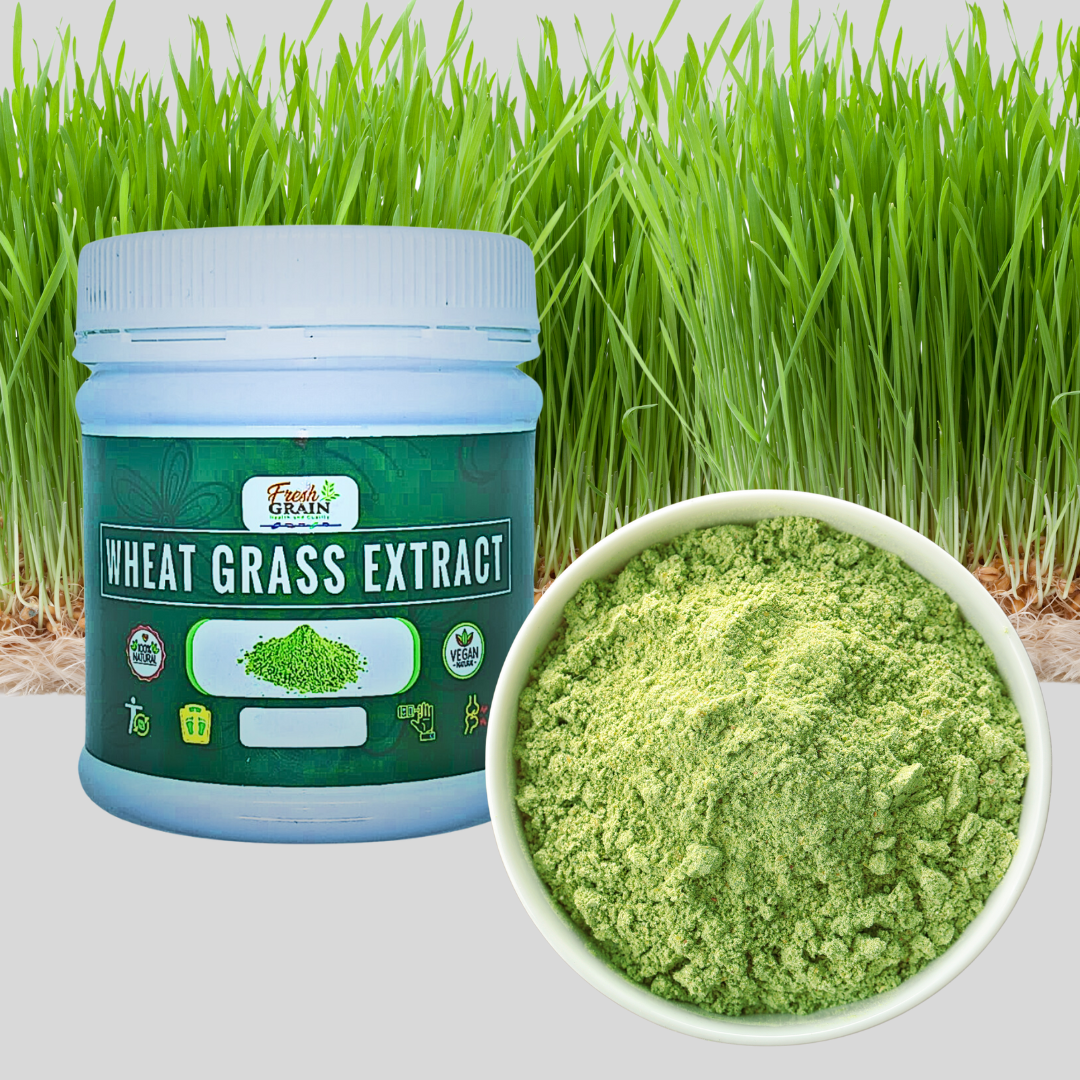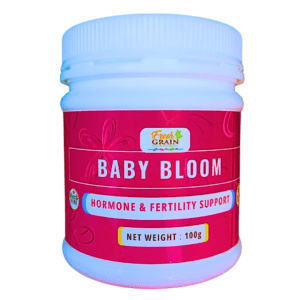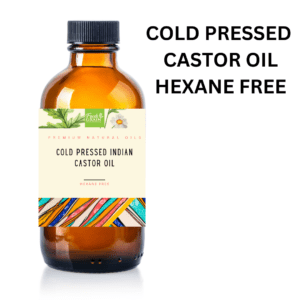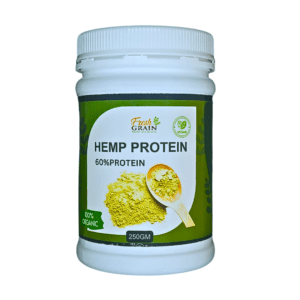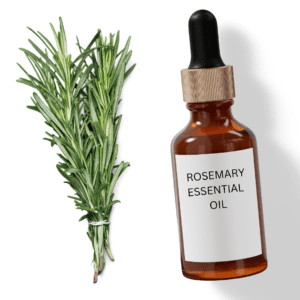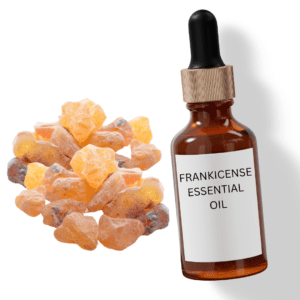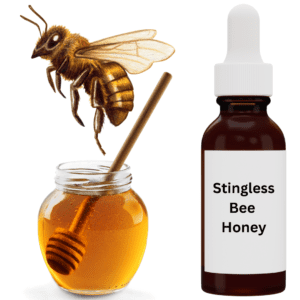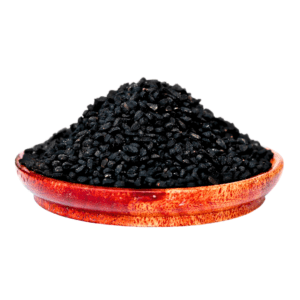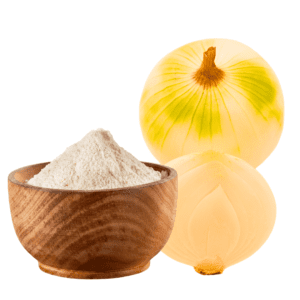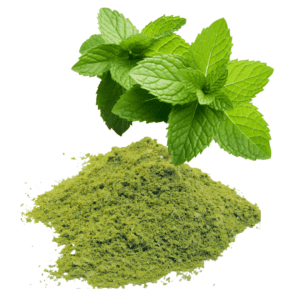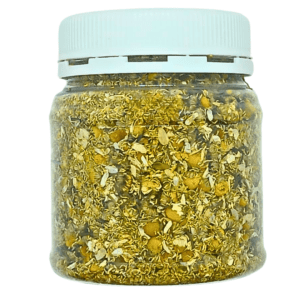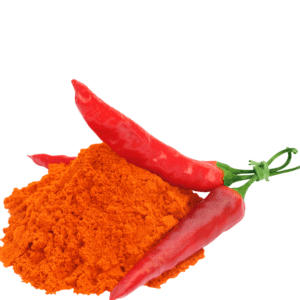Wheatgrass
Description: Wheatgrass is a potent superfood derived from the freshly sprouted first leaves of the common wheat plant, Triticum aestivum. Celebrated for its exceptionally high nutrient content, wheatgrass is packed with chlorophyll, essential vitamins, minerals, and antioxidants, making it a staple in the diets of health enthusiasts around the world. It is consumed primarily for its purifying and rejuvenating properties and can be found in various forms, including fresh juice, powder, and tablets.
Nutritional Breakdown:
- Chlorophyll: Known for its blood-building properties due to its molecular similarity to hemoglobin.
- Vitamins: Abundant in vitamins A, C, E, and the B-complex, enhancing immune function and skin health.
- Minerals: Rich in iron, calcium, magnesium, and potassium, vital for maintaining healthy body function.
- Antioxidants: Contains antioxidants like flavonoids and phenolic acid, which help combat oxidative stress and support overall health.
- Amino Acids: Provides all essential amino acids, making it a complete source of protein.
Benefits:
- Detoxification: Wheatgrass is highly effective in detoxifying the body, particularly the liver and blood, helping to cleanse the body of toxins and impurities.
- Digestive Health: The high enzyme content in wheatgrass can help improve digestion and alleviate issues such as bloating and constipation.
- Immune Support: Its high vitamin and mineral content strengthens the immune system, making it better at fighting off infections.
- Skin Health: The cleansing properties of wheatgrass contribute to clear skin and may help treat acne and other skin conditions when applied topically.
- Energy Boost: Regular consumption of wheatgrass can increase vitality and energy levels due to its comprehensive nutritional profile.
How to Use:
- Powder: Mix wheatgrass powder into water, smoothies, or juices for an easy nutritional boost.
- Topical Application: Apply wheatgrass juice directly to the skin to heal cuts, burns, and blemishes.
Precautions:
- Start with small amounts to check for potential reactions, as wheatgrass can be potent and cause nausea or headaches in some individuals.
- Those with grass allergies should proceed with caution when introducing wheatgrass into their diet.
- Pregnant or breastfeeding women should consult with a healthcare provider before starting wheatgrass due to its potent effects.
Storage: Keep powdered or fresh wheatgrass in a cool, dry place away from direct sunlight. Refrigerate fresh wheatgrass juice and consume it within a day for maximum benefits.
Wheatgrass offers a powerful way to enhance your health with its rich array of nutrients. Whether you incorporate it into your morning routine as a juice shot or mix a spoonful of powder into your smoothie, wheatgrass can provide significant health benefits and contribute to a balanced, healthy lifestyle.
4

